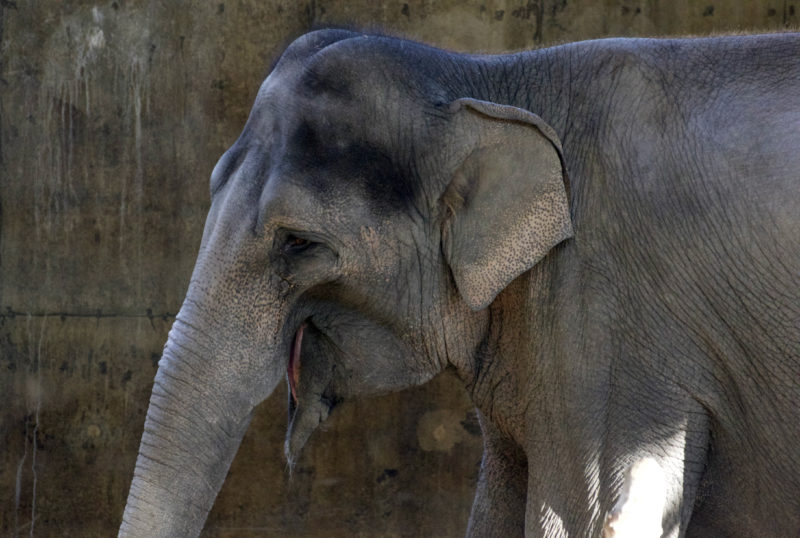“Strange though it may seem to anyone unaware of the importance of the marital bed in the efficient workings of public administration, regardless whether that bed has been blessed by the church or state or none at all, the first steps of an elephant’s extraordinary journey to Austria, which we propose to describe hereafter, took place in the royal apartments of the Portuguese court, more or less at bedtime.”
(And they say German has long sentences…. this here is translated from the Portuguese.)
I cannot decide what made me more curious to read José Saramago’s slender novel The Elephant’s Journey: his epigraph from the Book of Itineraries (cited in today’s YDP title) or his first sentence, copied above.
I had chanced on this book, his last, at a recent visit to the library. I was drawn to Saramago since I read Blindness, a masterpiece about the fragility of civilization and the speed with which collapse can happen (it was one of the works that garnered him the 1998 Nobel Prize in Literature.) A scary book, if there ever was one. He said about Blindness: “I don’t see the veneer of civilisation, but society as it is. With hunger, war, exploitation, we’re already in hell. With the collective catastrophe of total blindness, everything surfaces – positive and negative. It’s a portrait of how we are.” The crux is “who has the power and who doesn’t; who controls the food supply and exploits the rest”.
Here is an old but perfect review of his work by Ursula LeGuin: https://www.theguardian.com/books/2006/apr/15/featuresreviews.guardianreview16
The former car mechanic who turned to writing in his 50s, remained a staunch communist through the vagaries of Portugal’s history, and had his first serious success in his 60s is an astute observer of man as political animal and systems designed to control power. But he also had a sly sense of humor, and – if you can tolerate and parse rambling sentences that cover half pages – a lyrical language that I wish I could read in the original rather than in translations into languages that are less soft that Portuguese. He died, age 87, in 2010.
His last book is different – there is an elegiac quality about it, hints of thoughts about dying from someone who was indeed in the process of it. The story starts with the 16th century Portuguese King’s decision to give an elephant as a gift to Archduke Maximilian, and have him travel from Lisbon to Vienna. It is a romp, a travel guide, a collection of astute observations of the nature of European philosophy and manners. It concerns friendship as well as exploitation within and between species. If you need help to decide if you want to explore The Elephant’s Journey I recommend this:
Alternatively, I could record me laughing out loud on practically every other page of the book, which is as funny and cynical as they come and send you the tape. (Not a real offer.)
It is perfect reading to distract from the inevitable horror of Supreme Court candidate nomination to be announced today……





